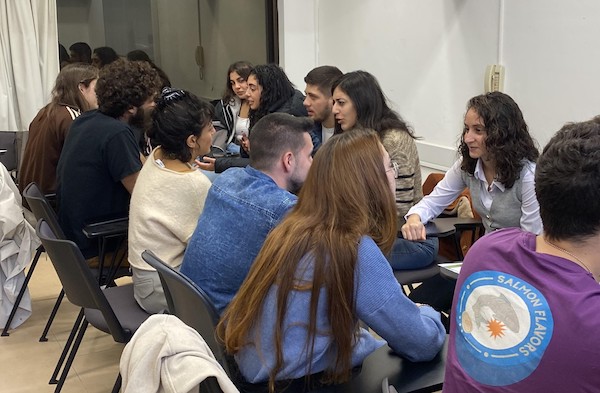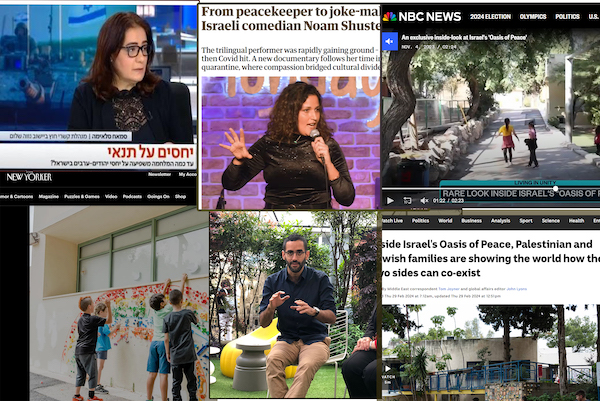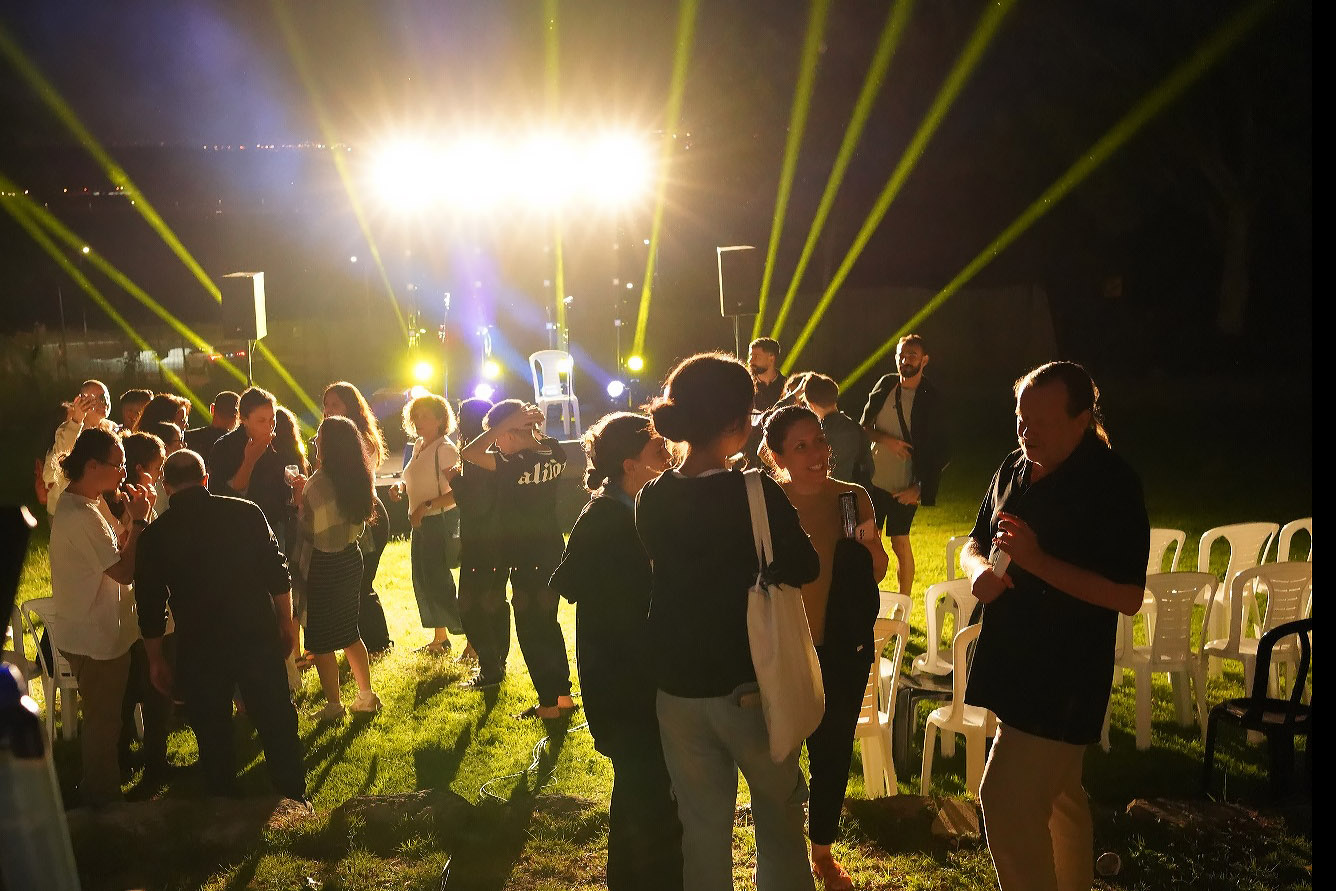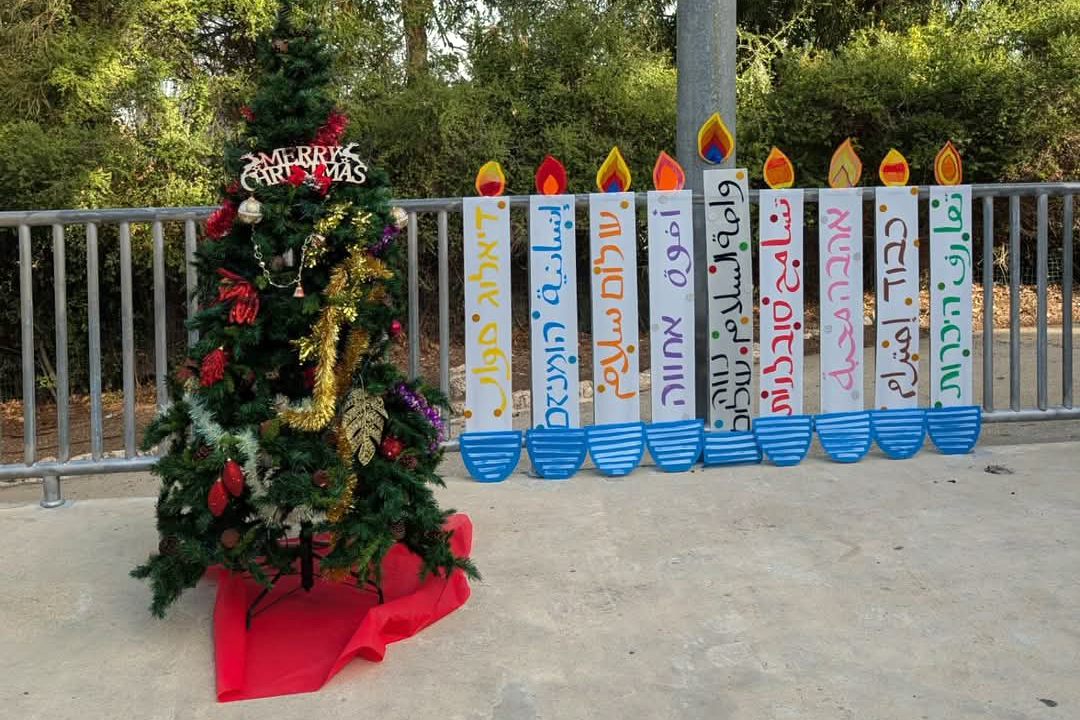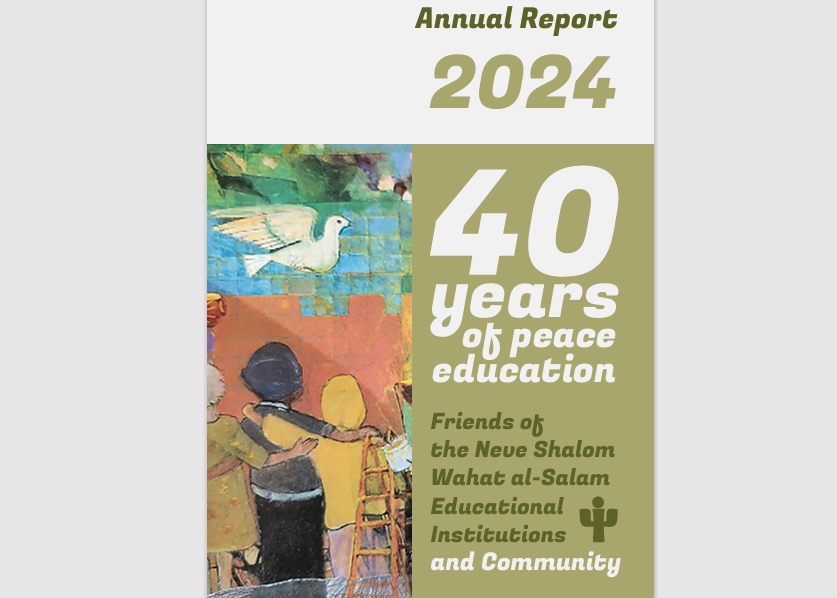How does one talk to members of the “other side” after the events of Oct. 7? How can the hardest subjects be aired without fear of anger or reprisal? Even more importantly, can a mixed group get past their entrenched ideas and envision what real negotiation might entail?
This year, seven Jewish and nine Palestinian students in Tel Aviv University enrolled in the “Arab-Jewish Conflict, Theory and Practice” course in the framework of their BA in psychology.
The actual dialogue that took place during the course was not recorded. The Palestinian students, fearing reprisals if they spoke their minds, requested an unspoken agreement that what was said in the room stayed in the room.
The course, headed by Prof. Ya’ara Yeshurun-Dishon and facilitated by Abir Halabi and Dr. Nava Sonnenschein, spent a good part of the semester dealing with the events of Oct. 7 and the ensuing war, but it also touched on such subjects as the Nakba, refugees, army service and identity. Near the end of the course, the students participated in a negotiation session in which they had to think about the state, country and region in which they want to live.
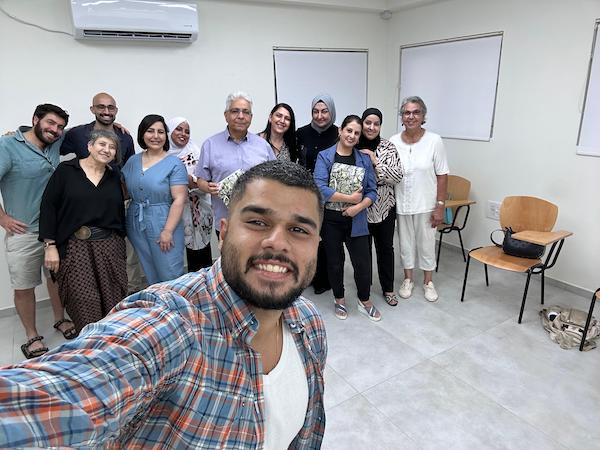
While the dialogue sessions remained unwritten, the participants agreed to publicize some of their final comments about the course:
Jewish participant: I received new information that reshaped my opinions. In the last session (a simulation) we talked about Israel Independence Day. I had not thought about the fact that Palestinians have a problem with this day. I was then afraid I might insult someone.
Palestinian participant: Here, I met the people behind the weapons. I was surprised to learn that Jews also have fears and trauma; that they do not just live a life of privilege. It hurt to think that we are all suffering from a sort of common mental illness.
Jewish participant: This is the first opportunity I had to meet Palestinians face to face. I am now much more aware of the complexity of our situation.
Palestinian participant: I started with one kind of despair, and ended with a different kind of despair. The first was based on Palestinians vs Jews; today I feel it is Palestinians and Jews who want to work together vs those who do not want peace.
Subhead: In other news
Another course that finished was the second round of the simultaneous translators course. This intensive course, completed by 10 people, was proof that people really can learn to speak with one another. The course graduates already know they will have no trouble finding work: Among their prospective employers is the School for Peace, which has found that simultaneous translation, in many cases, greatly advances dialogue between Jews and Palestinians.
